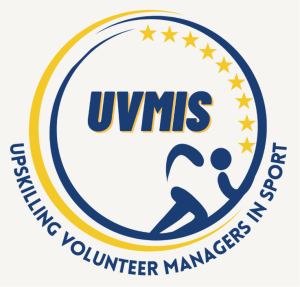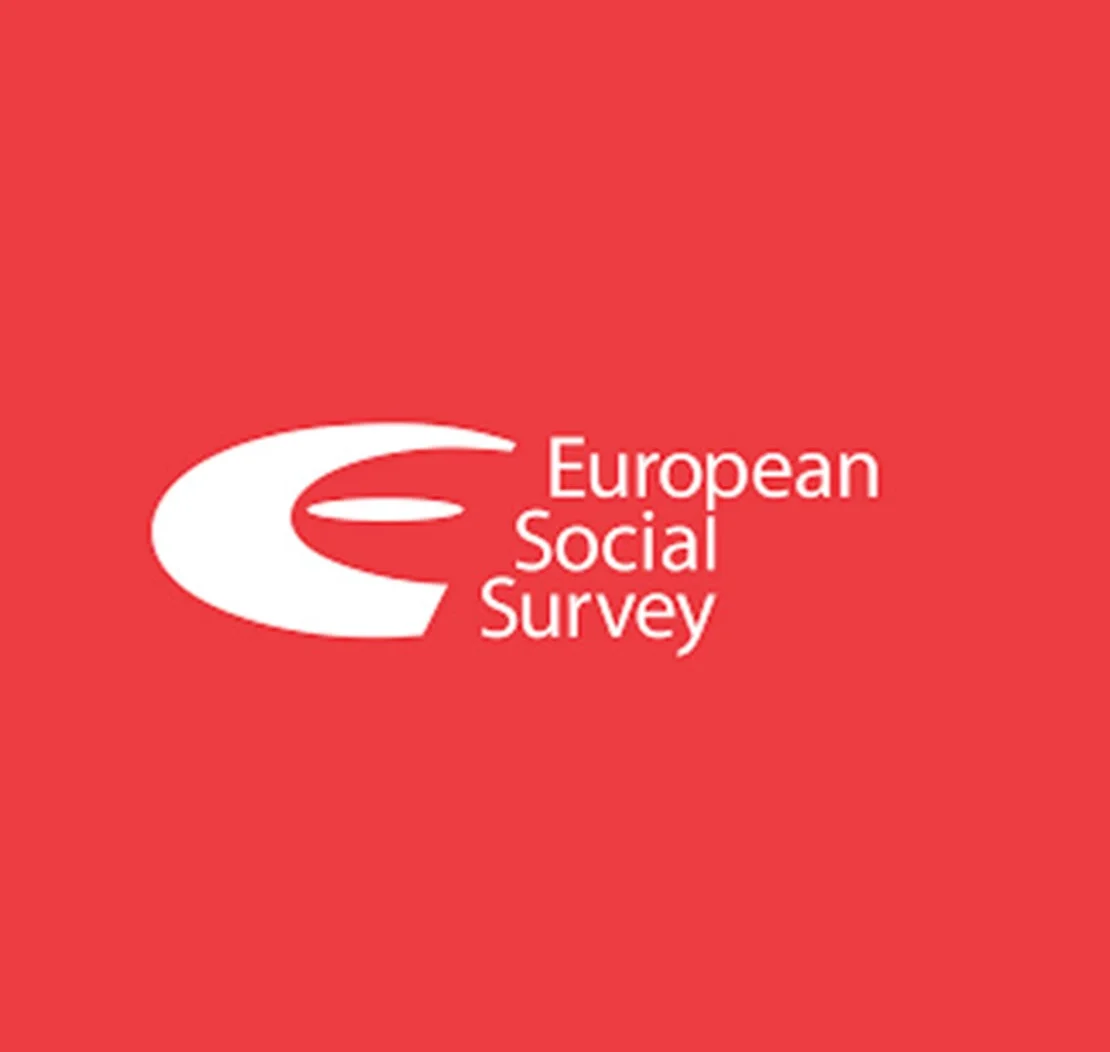Vytautas Magnus University (VMU), together with partners from the Netherlands, Belgium, Germany, France and Italy, as well as international sports volunteer organisations, has launched the project “Upskilling Volunteer Managers in Sport” (UVMIS). The project is led by Lucas Meijs, a professor at Erasmus University Rotterdam who specialises in volunteering research. He is one of Europe’s leading theorists in the field of volunteering and volunteer management.
The consortium also includes researchers and practitioners specialising in both mega-events (such as world, European, or national championships) and club sports organisations. Partners include four sports event agencies, two regional sports volunteering centres from Italy and France, the Dutch field hockey association and the European Volunteer Centre.
Problem, Research, and Planned Results
The project, implemented by the Vytautas Kavolis Transdisciplinary Research Institute at VMU, promotes knowledge exchange and deepens the shared understanding of quality volunteer management and training among practitioners and academics. The project’s primary goals are to examine the state of sports volunteer manager training in Europe and to develop practical training resources for specialists.
These goals are ambitious, given the current situation and the issues surrounding sports volunteering in EU countries. Therefore, appropriate activities have been selected to achieve these goals. The project began with research activities, including 10 qualitative interviews with sports or sports volunteer managers and experts. Preliminary case and comparative analyses were then carried out based on this research, revealing that the contributions of volunteers and the roles of sports managers are significant for European sport, despite the relatively low level of volunteering in some countries and other constraints and unfavourable contextual factors. The roles and importance of volunteer coordinators increase when major sporting events are being organised (for example, the Olympics, World and European Championships). These roles often go beyond cultural and national boundaries. For example, the Paris Olympics have had an enormous legacy for the development of sports volunteering in France and the activities of individual sports volunteering agencies.
Nevertheless, the results of the study revealed that volunteer management is not a sufficiently professionalized field in Europe (with the exception of a few countries), and the training of managers or coordinators is fragmented, unevenly developed, or even almost completely lacking in continuous practice. This is the situation in Lithuania. Therefore, the study proved advantageous in terms of addressing potential solutions to the identified issues. It did this by providing a framework for the advancement of professional competencies and emphasising the necessity for their standardisation. Based on this study, it is planned to prepare scientific publications and practical tools.
Innovation and Value Creation
The project’s uniqueness lies in the international collaboration between scientists and practitioners, enabling the combination of different operational contexts: from mega-event agencies that bring together thousands of volunteers, to volunteer work in small clubs or at amateur sports events. This approach creates opportunities to share experiences, develop and test management tools jointly, and gain a deeper understanding of the phenomenon itself. The target outcomes are clearer competency standards, continuous training pathways and higher-quality criteria for volunteer management across Europe. These outcomes will contribute to a sustainable sports volunteering ecosystem and the recognition of professional volunteer managers.




